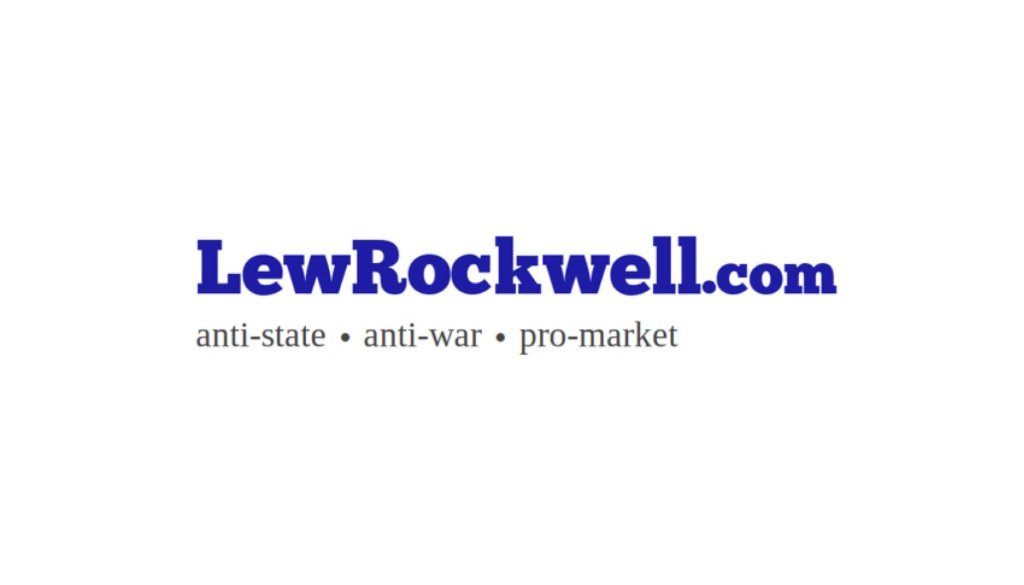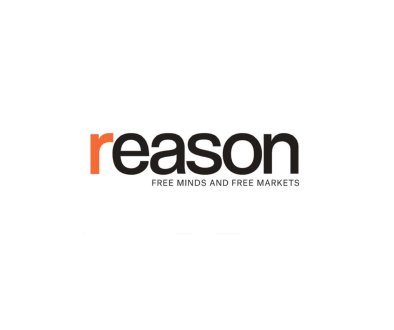What Does It Mean To Be a Free Nation?
There is no shortage of Internet forums filled with energetic contributors all predicting the imminent collapse of the West. Communicating about current events, culture, war, and the economy, a multitude of anonymous speakers publicize their worries every day. Western governments — increasingly insecure, hostile to tradition, and unmoored from any abiding principles — have decided that the best way to project strength is to silence critics.
As European governments more overtly embrace censorship and criminalize speech, the incremental push toward a regulated online system requiring authenticated digital identities promises a future when only government-engineered narratives will be approved for public expression. Society will lose another “pressure release valve” as the Western Establishment welds shut the ventilators of public debate — hoping to trap citizens’ combustible grievances deep underground.
This century has been eye-opening for many reasons. Technological innovation has weakened institutional control over public opinion and empowered regular people to question authorities in meaningful ways. Among the important revelations that have subsequently come to light is the inescapable conclusion that Western governments are not at all committed to free speech. For many Westerners who lived through the Cold War, this has come as a bit of a shock.
The principal distinction that supposedly separated the Soviet Union from the “free” West, after all, was that the former maintained a “closed” system managed by a strong central government, while the latter restrained government power and ensured protections for citizens’ personal liberties. In the Soviet Union, government apparatchiks constructed and disseminated official “truths.” In the U.S.-led West, no government had a legitimate monopoly over truth.
Yet what do we see today? Western governments are in a tizzy over so-called “disinformation” and “misinformation.” Again, for those who lived through the Cold War, government attempts to classify information as “good” or “bad” stinks of Soviet communism. Hunting down foreign “disinformation” was an obsession for the Soviets. Children were taught from an early age to report anyone (even parents!) heard uttering “incorrect” opinions. It was a crime against the State to publicly express “misinformation,” and many people lost their lives
Article from LewRockwell

LewRockwell.com is a libertarian website that publishes articles, essays, and blog posts advocating for minimal government, free markets, and individual liberty. The site was founded by Lew Rockwell, an American libertarian political commentator, activist, and former congressional staffer. The website often features content that is critical of mainstream politics, state intervention, and foreign policy, among other topics. It is a platform frequently used to disseminate Austrian economics, a school of economic thought that is popular among some libertarians.



